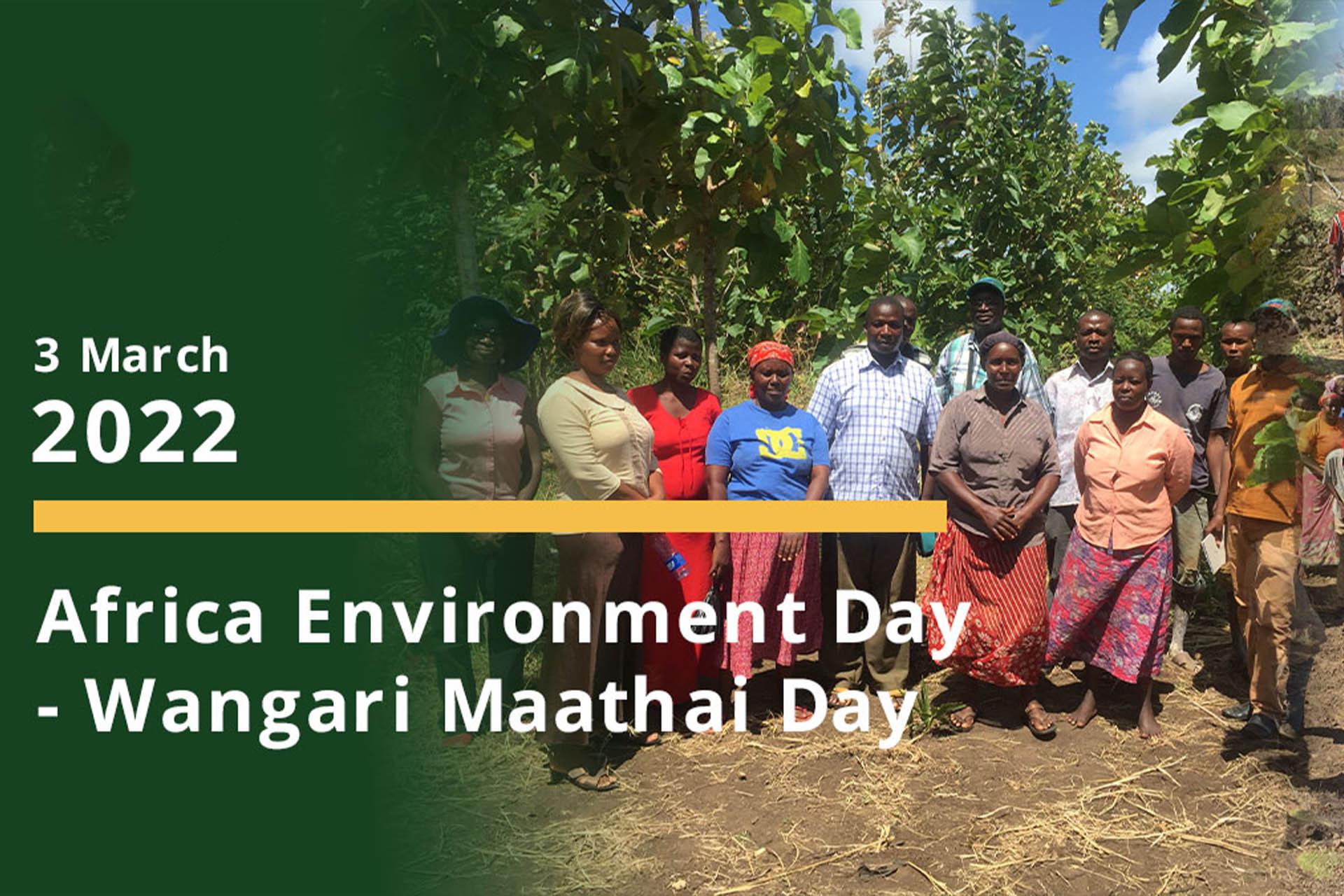Land, ecosystems and environmental degradation are among the most serious threats to the IGAD region, as these affect directly the agricultural production, traditional livestock herding and economic growth, with the effects of climate change further aggravating situations.
Consequently, IGAD member states have been investing for decades a lot of resources in reversing land and environment degradation. Partners in development and UN agencies have been supporting through their food/cash for work programmes.
However, despite millions invested, achievements are inadequate and in some cases the situation has worsened. There is therefore a need for a paradigm shift at national, regional and continental levels. It is a high time that we gave due focus to environment protection as it is one of the major factors to build resilience against climate change, climate variability and any other economic shock.
Despite the so many efforts at national and regional levels to combat drought, environmental/land degradation, degradation of the environment/land has continued. This has a great impact on the economic, social, environmental and peace and security situation of the region. And this is because the economic mainstay of the IGAD region depends on agricultural production, both crop and livestock production, which in turn depends on arable land, environment and climatic conditions: namely soil and land degradation, the availability of sufficient rain water.
The sharp increase in population growth combined with unsustainable use of these environmental resources has led to growing poverty in the region. Usage of resources without much consideration for their regeneration and sustainability has diminished their resilience and carrying capacity to its lowest.
This issue of environmental resilience has not been taken into consideration to the extent of the problem, and efforts currently focus more on community resilience and sustainable economic growth at any cost. This however can hardly be achieved; particularly in the IGAD region where our economic activities depend on environmental resources that are unfortunately dwindling in size while their regeneration capacity is shrinking.
There is therefore a need to embark on sustainable management of ecosystems, which are the key producers of the goods and services that are essential for our existence.
As IGAD, there is need to think out of the box to address the nexus of community and environment by engaging the unemployed youth in and around the degraded areas in re-vegetating and restoring these degraded areas, and investing themselves in the ecological services. This will create jobs and build ecosystem and community resilience: This will help:
- Reverse the degradation of environment/ecosystems;
- Create employment opportunities to unemployed, particularly the youth in rural areas;
- Improve ecosystem productivity;
- Improve vegetative cover and water supply;
- Reduce youth exodus to urban centres and terrorism attractiveness; and
- Address Climate Change and climate variability.
The Late Wangari Maathai, Nobel Laureate’s green legacy, a Citizen of IGAD has laid a foundation for us to focus on restoration of degraded environment by planting trees. It is time for our region to scale-up her legacy at regional level on restoration of ecosystems for communities and environment resilience by planting trees, on our cross-border areas as well.
By;
Eshete Dejen (PhD)
AG. PM Environment Protection
Agriculture & Environment Division
IGAD Secretariat
Djibouti
On March 03, 2022

